- contact@laparoscopyadvice.com
- General Practice Hospital, G-9/2 Islamabad
- Mon - Fri: 10:00 am - 7:00 pm
Visiting Hours
| Mon - Fri: | 8:00 am - 8:00 pm |
| Saturday: | 9:00 am - 6:00 pm |
| Sunday: | 9:00 am - 6:00 pm |
Gallery Posts
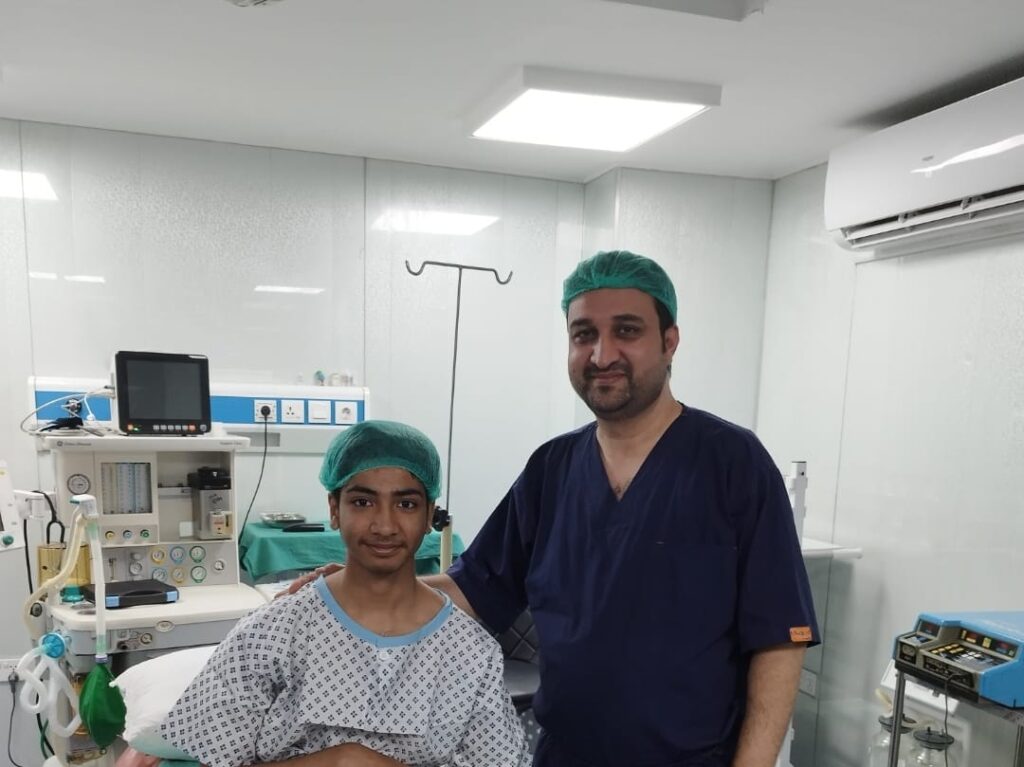
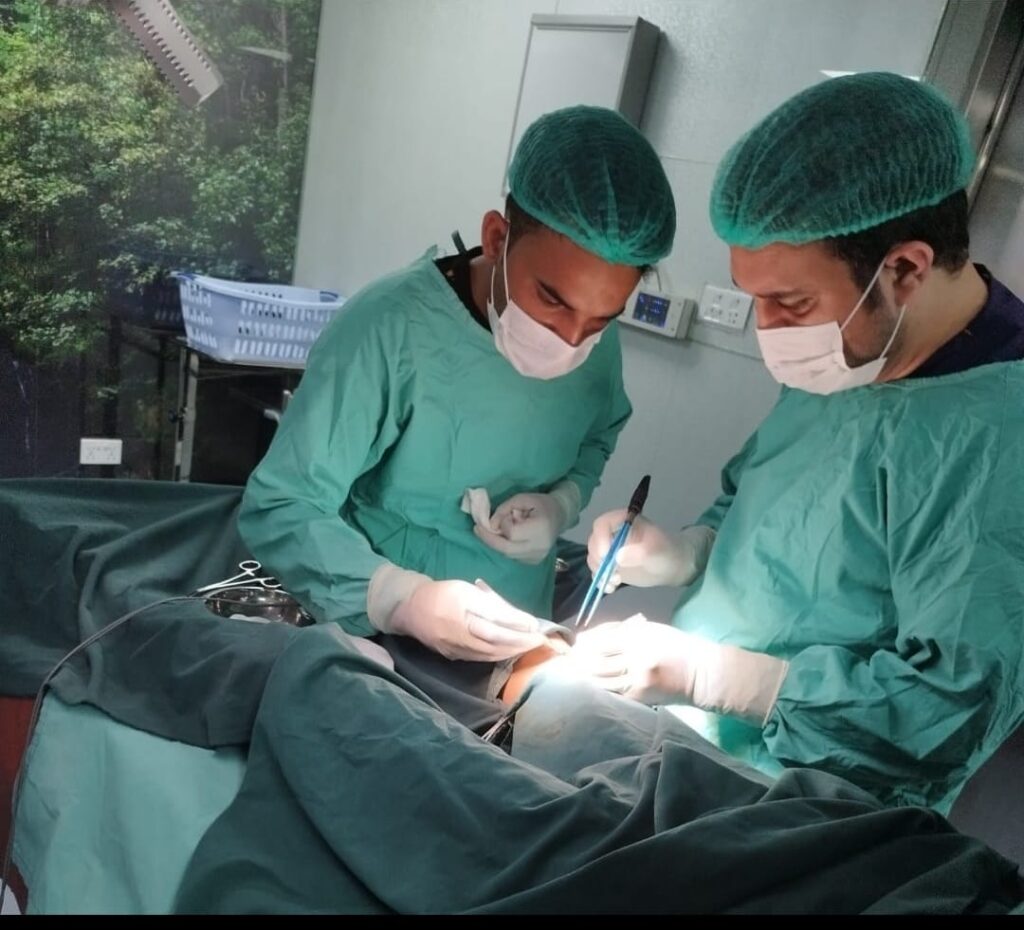
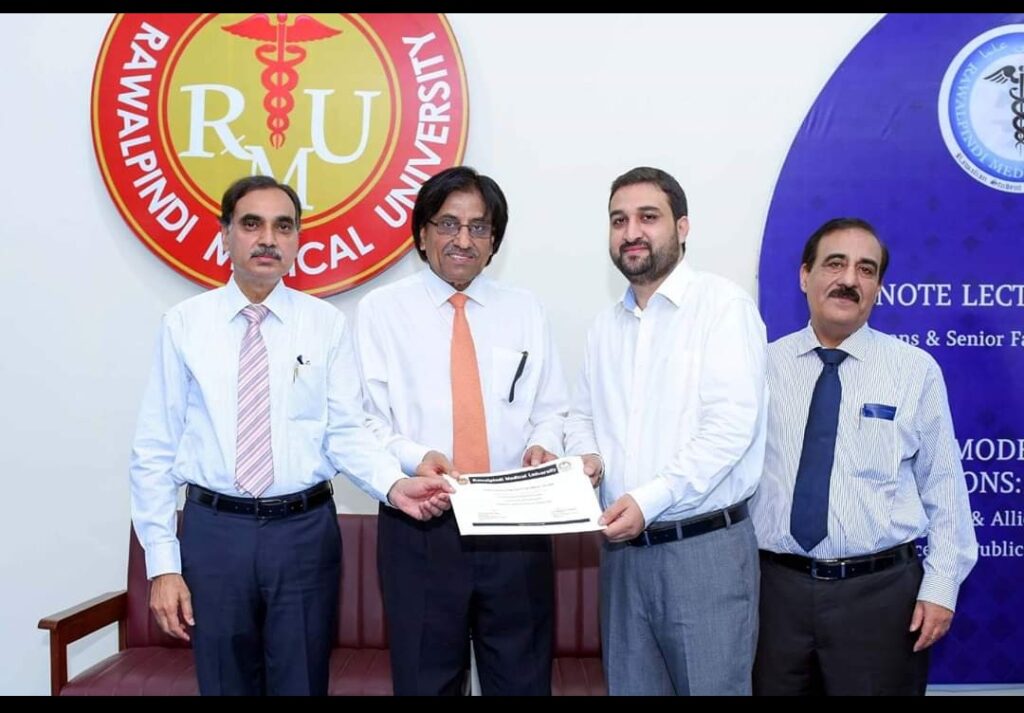
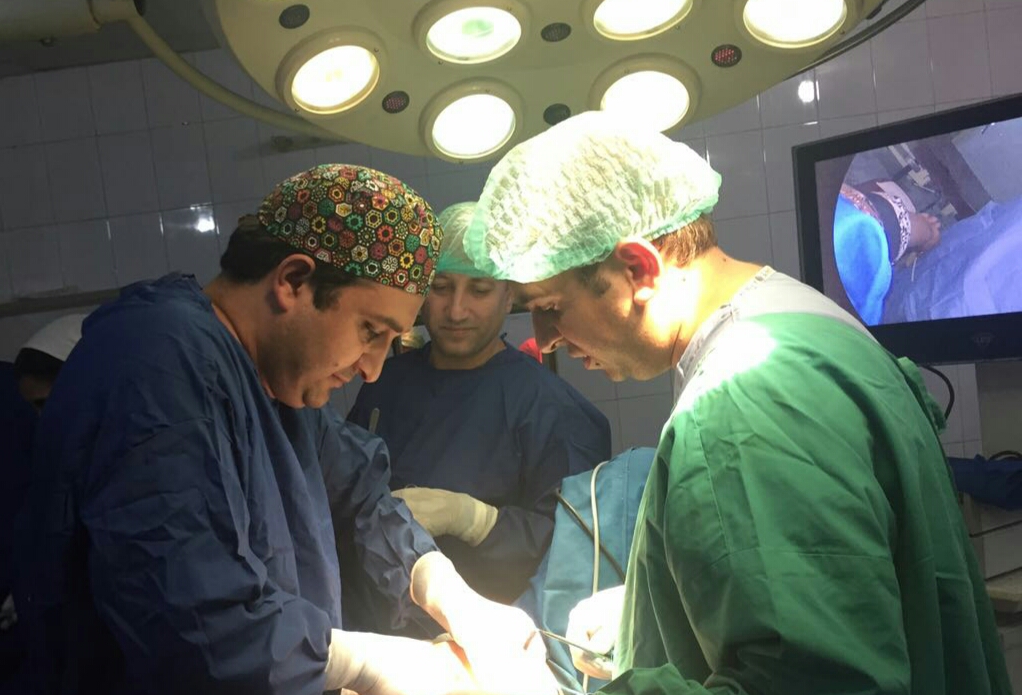
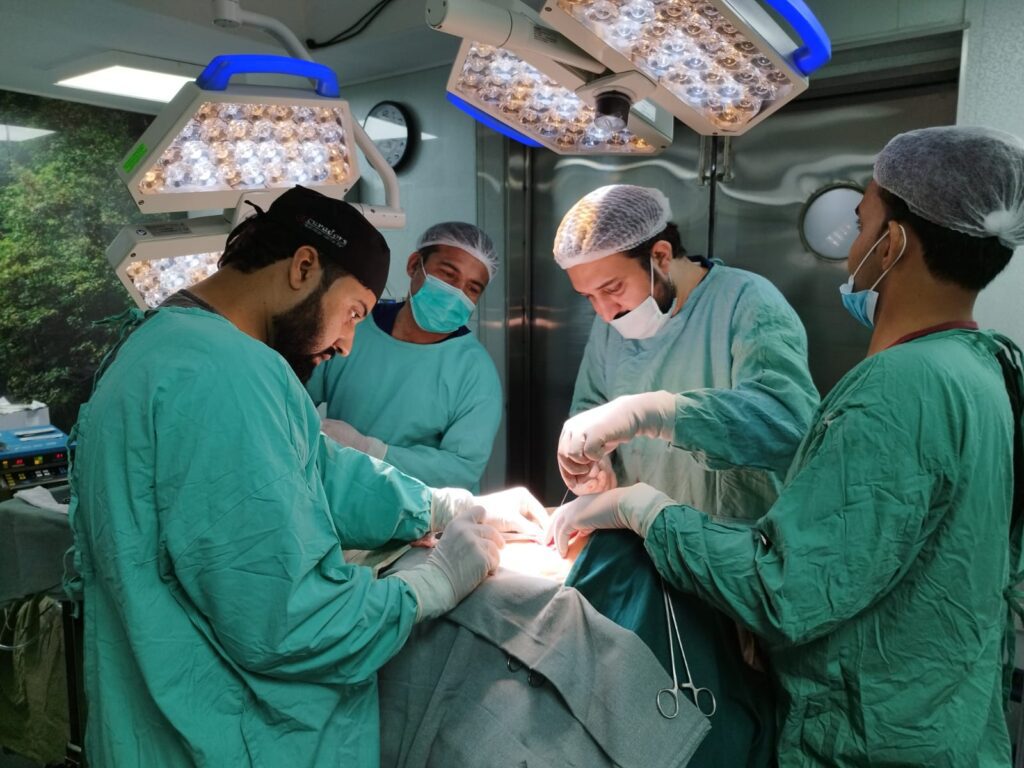
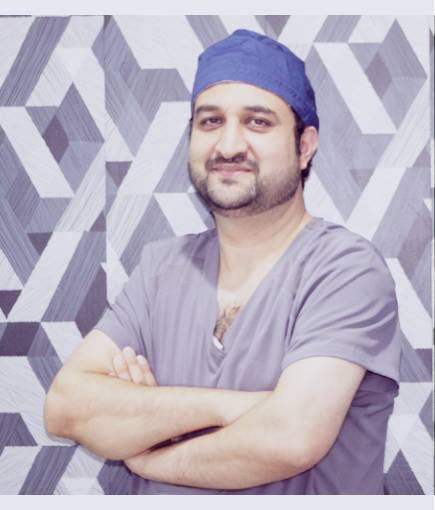
| Mon - Fri: | 8:00 am - 8:00 pm |
| Saturday: | 9:00 am - 6:00 pm |
| Sunday: | 9:00 am - 6:00 pm |






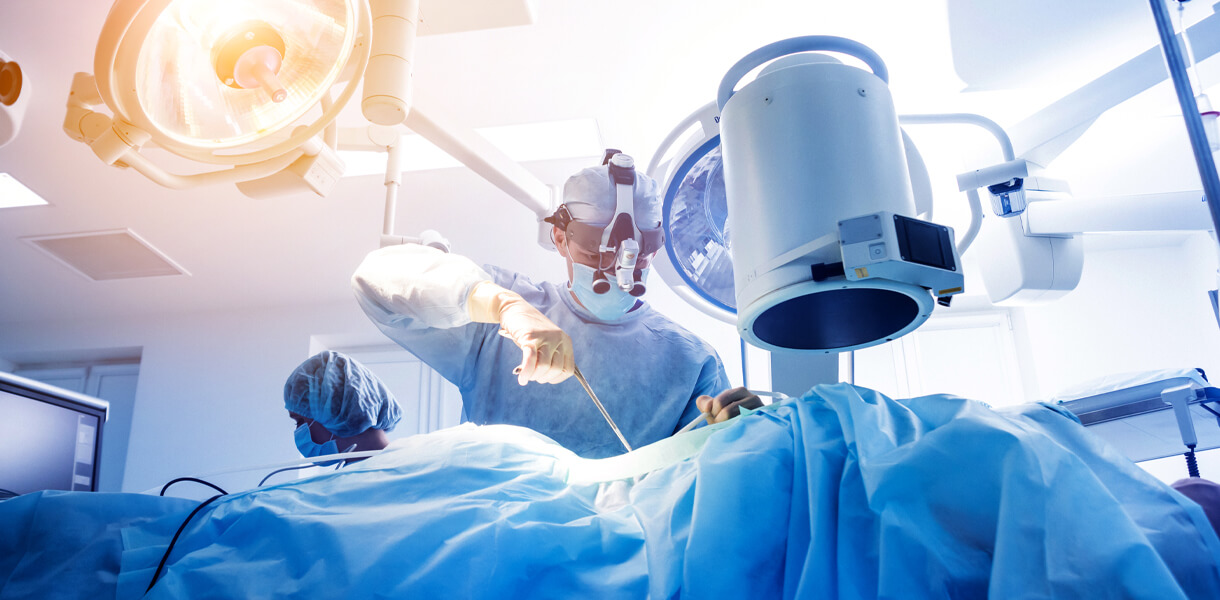
A recurrent hernia occurs when a hernia redevelops at the same site or adjacent to a previous hernia repair. Despite undergoing surgical intervention to repair the initial hernia, some individuals may experience a recurrence of the hernia, necessitating further treatment. Recurrent hernias can pose challenges for both patients and surgeons and may require additional surgical procedures to address.
The recurrence of a hernia after surgical repair can occur due to various factors, including inadequate initial repair, technical errors during surgery, poor wound healing, or the presence of underlying conditions that predispose individuals to hernia formation. In some cases, the development of a recurrent hernia may be related to patient-related factors such as obesity, smoking, chronic coughing, or activities that increase intra-abdominal pressure.
Location: Recurrent hernias typically occur at or near the site of a previous hernia repair, although they may also develop adjacent to the initial repair site.
Timing: Recurrent hernias may occur weeks, months, or even years after the initial hernia repair surgery. The timing of recurrence can vary depending on factors such as the type of hernia, the surgical technique used, and individual patient factors.
Inadequate Initial Repair: In some cases, hernia recurrence may occur due to technical errors or inadequate repair during the initial hernia surgery, such as failure to adequately reinforce the weakened abdominal wall or failure to use appropriate mesh materials.
Poor Wound Healing: Factors that impair wound healing, such as infection, obesity, diabetes, smoking, or malnutrition, increase the risk of hernia recurrence by compromising the integrity of the surgical repair site.
Underlying Conditions: Certain medical conditions or lifestyle factors, such as chronic coughing, heavy lifting, constipation, or pregnancy, can contribute to the development of recurrent hernias by increasing intra-abdominal pressure or stressing the repaired tissues.
Visible Bulge: Similar to primary hernias, recurrent hernias often present as a visible bulge or swelling at or near the site of the previous hernia repair. The bulge may become more prominent during physical activity or when straining and may decrease in size when lying down.
Discomfort or Pain: Recurrent hernias may cause discomfort, pain, or aching sensations, particularly at the site of the hernia or in the surrounding area. Pain may be exacerbated by physical activity or prolonged standing.
Digestive Symptoms: Some individuals with recurrent hernias may experience digestive symptoms such as nausea, vomiting, or changes in bowel habits if the herniated tissue becomes incarcerated or strangulated.

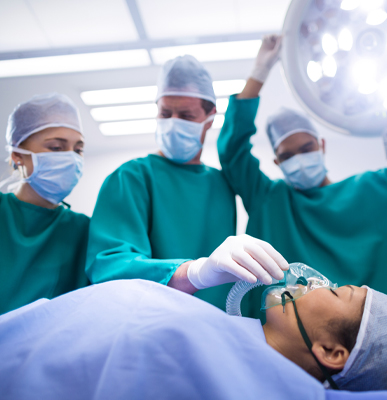

Surgical Repair: The primary treatment for recurrent hernias is surgical repair. Depending on the size, location, and characteristics of the recurrent hernia, the surgeon may opt for open or laparoscopic repair techniques. Surgical options may include reinforcing the abdominal wall with mesh, repairing the hernia defect, and addressing any contributing factors.
Revision Surgery: In cases where a recurrent hernia occurs despite previous repair attempts, revision surgery may be necessary to address the underlying causes of recurrence and achieve a successful outcome. Revision surgery may involve more extensive repair techniques or alternative approaches to address the recurrent hernia.
Optimizing Surgical Technique: Ensuring proper surgical technique, including adequate reinforcement of the abdominal wall and meticulous closure of the hernia defect, can help reduce the risk of hernia recurrence.
Addressing Risk Factors: Identifying and addressing modifiable risk factors such as obesity, smoking, and chronic coughing can help minimize the risk of recurrent hernias. Patients may be advised to make lifestyle modifications or undergo medical management for underlying conditions that contribute to hernia formation.
| Mon - Fri: | 9:00 am - 7:00 pm |
| Saturday - Sunday: | Off |
Copyright 2023 Adil's Laparoscopy World | Powered by Dynaamx